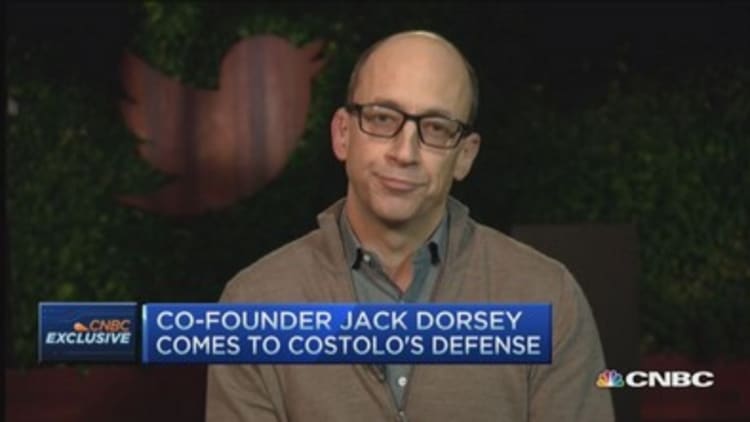A two-minute video featuring U.S. President Barack Obama clowning around -- with very little mention of the healthcare program it is trying to promote -- marks a sea change in the way political campaigns are being run.
In a video produced by BuzzFeed and posted on Facebook, Obama comes across as human, relaxed, and even able to poke fun at media perceptions of himself in a meta way – by saying "Thanks, Obama" when he can't fit a cookie into a glass of milk, for instance.
The video, called "Things Everyone Does But Doesn't Talk About", had been shared around 600,000 times, and more than 21 million views at the time of writing, less than 24 hours after it was posted. The video also features BuzzFeed Video's Andrew Ilnyckyj, an online-video favorite deliberately chosen to appeal to a younger market.
It was put up just days after Greek Prime Minister Alexis Tsipras took to Twitter to outline his position on the country's debt crisis – another example of politicians increasingly taking to social media, with mixed results.
"It's quite extraordinary and we are definitely seeing a pretty important shift," Carl Miller, research director of the Centre for the Analysis of Social Media (CASM) at U.K. thinktank Demos, told CNBC.
"Digital-only news outlets that reach younger outlets are covering politics a lot more – and as a lot more laws are impacting on technology, netizens (internet citizens) are becoming more politically active."
Obama having a good social media strategy is nothing new, with his 2008 presidential campaign widely cited as the first social media-driven campaign.
To succeed on social media, you have to have a thick skin – or at least a good campaign manager who can shield you from the worst comments. Users, particularly on Twitter, often appear to have less party loyalty and jump on perceived failings immediately – the furore over the U.K. Labour Party using a bright pink bus to try and attract female voters is one example of this.

Most of the comments under the Obama healthcare video were positive, but there were also plenty attacking Obama: for his flagship healthcare policy; for taking time to do the video while there are other issues for the President of the U.S. to address, and even for having a less-than-pristine mirror in the White House.
There aren't that many politicians, particularly of the older generation, who have mastered the digital age, however. And of course, there are the ones who scupper their careers by over-exposing themselves (even literally) – the Anthony Weiners of the world.
"You're on a platform where soundbites don't go down well, which is what a lot of politicians are used to," Miller said. "We haven't seen the last political career ended because of social media."
Twitter in particular is an important way of reaching younger voters – whereas Facebook is now more reflective of all ages.
"Social media now is like kissing babies used to be as a way of politicians seeming more human," Chris Woods, head of digital at Hanover Communications, told CNBC.
"It's still stage managed – but the key is the difference between being too stage managed and feeling more personal."
- By CNBC's Catherine Boyle



